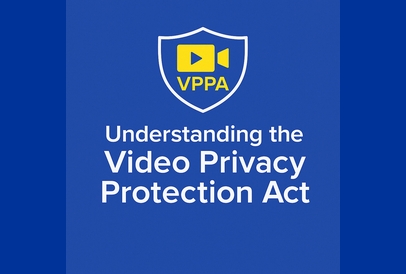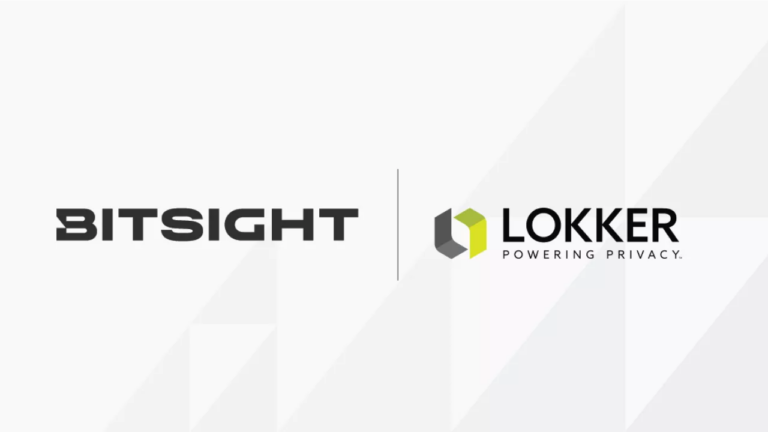Research from KPMG survey suggests you’re not
Last spring, KPMG conducted a survey, “Corporate data responsibility: Bridging the consumer trust gap,” which digs into the sentiments and behaviors of both the general population and business leaders when it comes to data protection and privacy. There were truly some eye-opening results related to the perceived ethics, trust and transparency that both consumers and business leaders reported when it comes to how businesses are using data. The most staggering being that many business leaders responded that their company often “uses unethical data collection methods”, and that consumers “should be concerned about how their personal data is used by the company.”
The survey found that 40% of consumer respondents said they don’t trust companies to do the right thing when it comes to data privacy. To better understand if these fears were valid, the survey then asked business leaders about their own company’s data privacy practices and found that there is absolutely a reason for consumers to be concerned about how companies are using their data.
According to 33% of the business leaders, they responded that consumers should be concerned about how their personal data is used by their company, and 29% say that their company sometimes employs unethical data collection methods.
While the survey didn’t dig into what these unethical practices were, or why they feel that consumers should be concerned, it’s painting a picture of distrust, concern and worry from all sides when it comes to data privacy. Consumers want businesses to do more, and many business leaders are also critical of their own company’s data handling practices, also sharing the sentiment that their company should be doing more.
So what is stopping them from doing so?
Without direct insights from the survey we can’t say for sure why these business leaders responded the way they did. But in general, data privacy is complex – there’s often a lack of understanding from employees on how to effectively protect data privacy, a lack of visibility and control over all the data sources that are being collected, a lack of budget or lack of resources dedicated to privacy, a lack of alignment between departments on what should be done, or a lack of buy-in and attention from leadership and the right people at an organization to make the privacy program effective.
At LOKKER, we believe that it’s up to companies to step up and do the right thing when it comes to data privacy. We’re committed to empowering business leaders, from the marketing, compliance and infosec departments, who want to do good, with the web privacy tools they need to gain visibility and control over the consumer data being collected on their website. LOKKER’s tools are easy-to-implement, take minimal resources to manage, and give website owners complete visibility, control, and confidence that they’re keeping their customers’ and their companies safe.
Other significant findings from the KPMG survey are highlighted below.
On the consumer side:
- 68% of the general public respondents said that they are concerned with the level of data that companies collect
- 40% of respondents said they don’t trust companies to do the right thing
- 47% of respondents said they were very concerned about the possibility that the company holding their data could be hacked
- 51% of the respondents were very concerned that companies holding their data would sell it
Key finds of the business leaders surveyed include:
- 70% of respondents say their company increased collection of consumer personal data over the last year
- 62% say their organization should be doing more to strengthen existing data protection measures
- 33% say consumers should be concerned about how their personal data is used by their company
- 29% say their company sometimes employs unethical data collection methods
The full KPMG report is worth a read, as it goes much deeper into consumer sentiment and behavior around personal data privacy and how businesses can respond in a way that builds trust with their customers.
Read it here.








